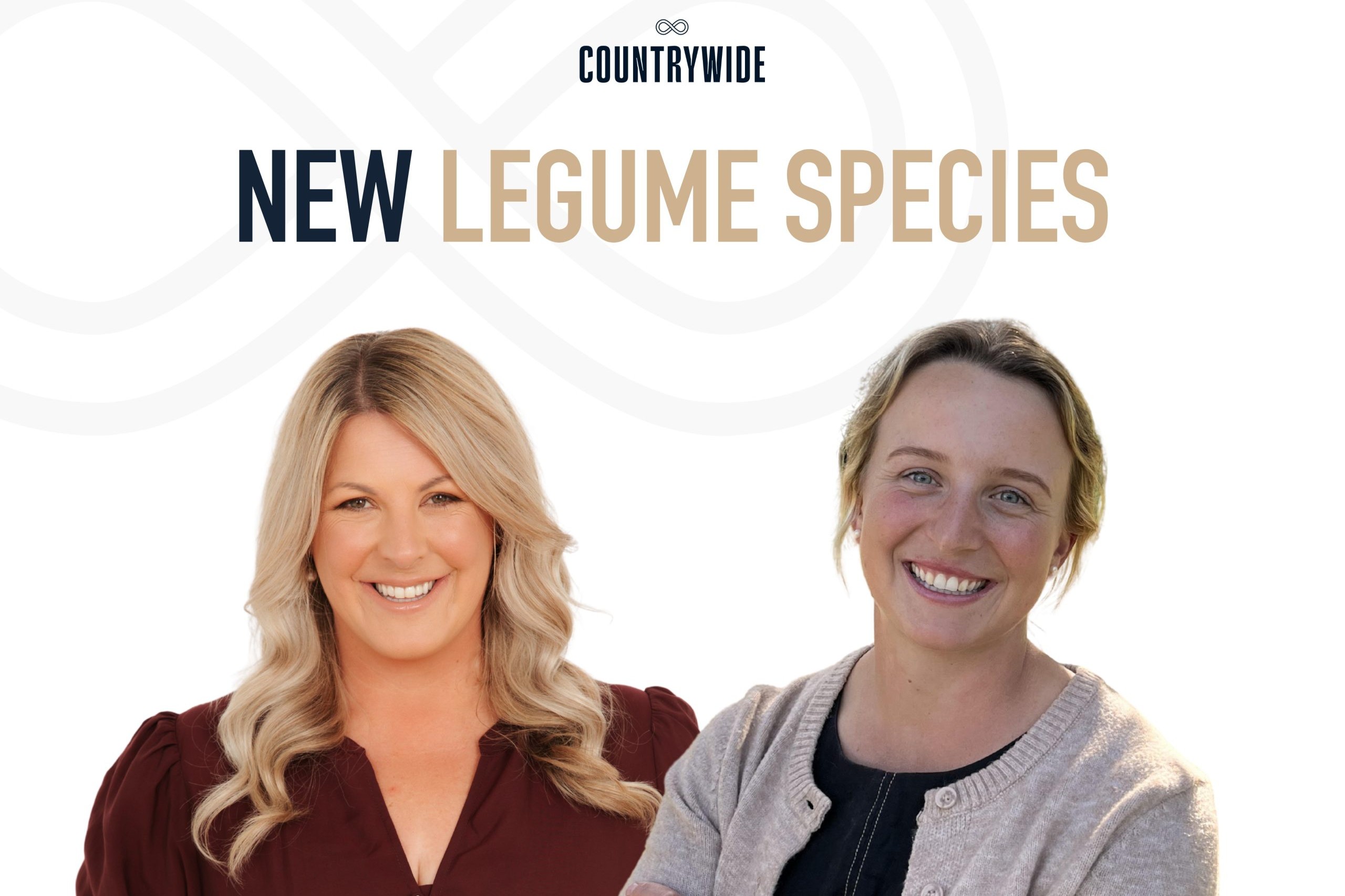2024 Nuffield Report – Changing the Bog-Standard; repeatable solutions for Aotearoa’s Peatlands
In this episode, Sarah Perriam-Lampp speaks with Nuffield Scholar Jenna Smith about her research into managing peatlands to reduce emissions while maintaining productive land use. Travelling through Europe and the UK, Jenna explored wetland farming and highlighted sphagnum moss as a promising opportunity for New Zealand.
Guest:
- Jenna Smith, Nuffield Scholar and CEO of Pouarua Farms, based in the Hauraki Plains
Host:
- Sarah Perriam-Lampp, CEO and Editor-in-Chief, Country-Wide
Jenna Smith, a 2024 Nuffield New Zealand Scholar and CEO of Pouarua Farms, explores how Aotearoa can better manage its peatlands to reduce emissions, protect low-lying farmland, and maintain economic productivity. Her report advocates for a pragmatic, landowner-led approach that focuses on rehabilitation—slowing degradation—rather than full restoration to pristine peatland, which is often unfeasible.
She would like to see better peat mapping, tighter drainage rules, and a focus on rehabilitation over full restoration. With flux towers now collecting emissions data on Pouarua Farms, Jenna hopes to drive awareness and support iwi-led, practical solutions that balance environmental and economic outcomes.
Through international travel across Europe and the UK, Smith studied “paludiculture”—commercial wetland-compatible land uses. She highlights sphagnum moss as a standout option, with strong export potential as a sustainable growing substrate already in demand globally. She argues New Zealand could replace imports and generate new value from re-wetted peatland.
Smith is also advancing research at home, partnering with Manaaki Whenua and NZAGRC to install flux towers that measure real-time greenhouse gas emissions from various land uses, including dairy, cropping, and blueberries. This data is essential to inform decisions and track climate outcomes.
Her report calls for more accurate peat mapping, stricter controls on drainage and cultivation, and realistic assessments of which peatlands can be viably rehabilitated. She emphasises the need to protect lands that aren’t too far degraded, while avoiding costly restoration attempts on sites beyond recovery.
With Pouarua Farms operating at or below sea level, Smith sees the urgency of slowing subsidence. She also highlights the value of iwi-led co-governance and regional planning that understands the specific challenges of peatland farming.
While not a scientist, Smith aims to spark informed discussion and spotlight emerging opportunities. Her Nuffield experience underscored the complexity of the challenge—but also the importance of asking the right questions, engaging early, and shaping solutions that work for both the land and the people who depend on it.
Read Jenna’s Nuffield report here.




